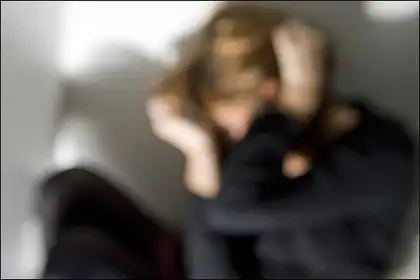
Children are at the centre of the agency but the Māori and English names suggest different approaches, says Dr Nicklin.
By Dr Germana Nicklin
What is striking about the new agency Oranga Tamariki/Ministry for Vulnerable Children is the difference in meaning between the Māori and English versions of the name. The Māori name means the wellbeing of children (implication = ‘all children’); the English name is about vulnerable children.
I cannot help but foresee this difference playing out badly. Think of the Tiriti o Waitangi and despair. What was the Government thinking?
Why is challenging the English version of the name important? A name tells a story and humans love stories. We connect to them emotionally – they stir us and motivate us to act. What we do then tells its own story. So the meaning people make of the name of the new agency will influence their behaviour and that behaviour will have a flow-on effect.
The story of the Māori version of the name could go something like this: “New Zealand cares about its children, who are the future of the nation. This agency is about ensuring that the wellbeing of New Zealand’s children is a priority for Government”. The head of the new agency has herself said that children are at the centre of the agency’s work. The omission of any reference to ministry or agency in the name also implies a more societal approach to its work – not just the responsibility of this government agency, but of all society. Not much to argue with there.
Compare this with the English version, in which the story is situated quite differently. First is the word ‘Ministry’, clearly placing the agency in the domain of government. Second is the qualifier ‘vulnerable’. Quite a narrowing of focus. Child welfare expert Dr Emily Keddell, in an interview about the new agency, made the following comment: “this can exclude from the Ministry’s remit…the broader context that parenting happens within” (Spinoff, April 2, 2017). This is worrying, given the known connections between inequality, poverty and families under stress. Inequality is a societal problem, not an individual family one.
The Commissioner for Children has already spoken out about the different meanings, and has said he will only use the Māori name. But, you might say, the two names are side by side, so they could be read as complementary. They could, but it is clear from the head of the new agency, Grainne Moss, that the English meaning prevails. This in itself sends a message; that the Māori name is secondary, one implication of which could be that Māori interests – also shared by many Pākehā - are of lesser status than the Government’s. We can expect the agency’s mission, vision and values, and its Statements of Intent to reflect this bias, which will in turn drive behaviours.
The question begging to be answered is what is being acted out through the inclusion of a Māori name that has, in effect, no status? How will that contribute to a more inclusive, secure society?
Dr Germana Nicklin is deputy director and senior lecturer at the Centre for Defence and Security Studies, Massey University. Her research focus is the relationship between narrative and action.